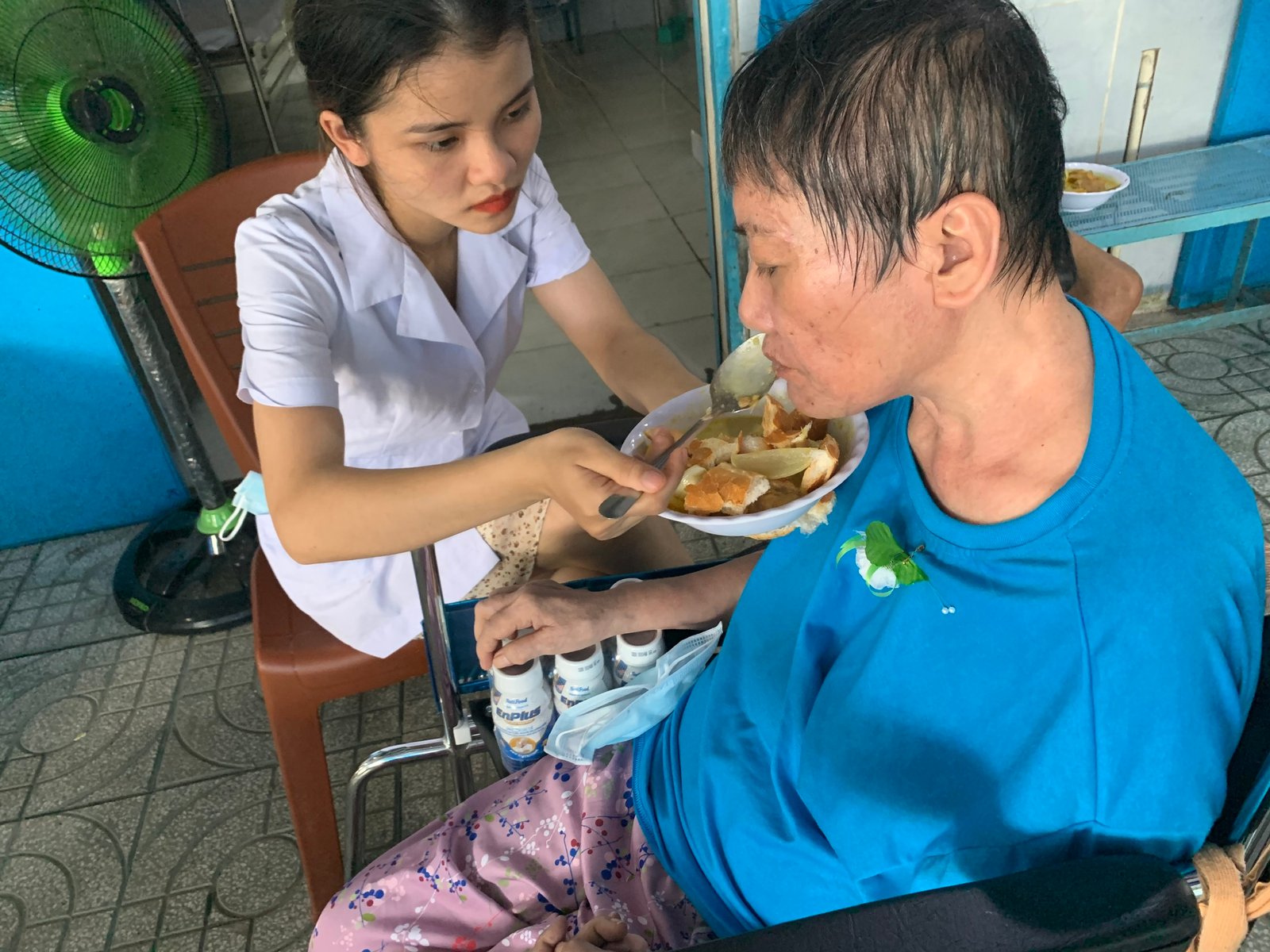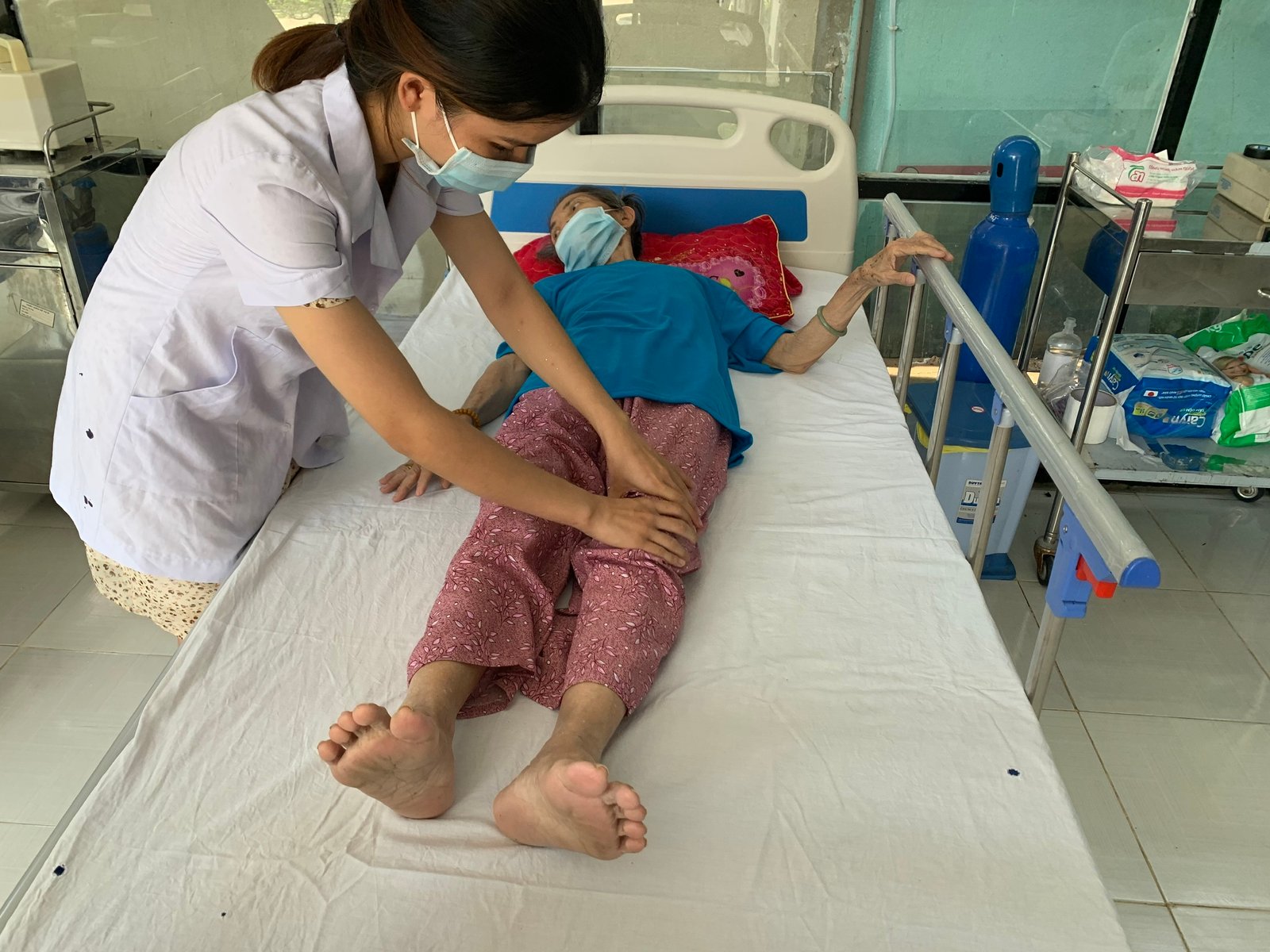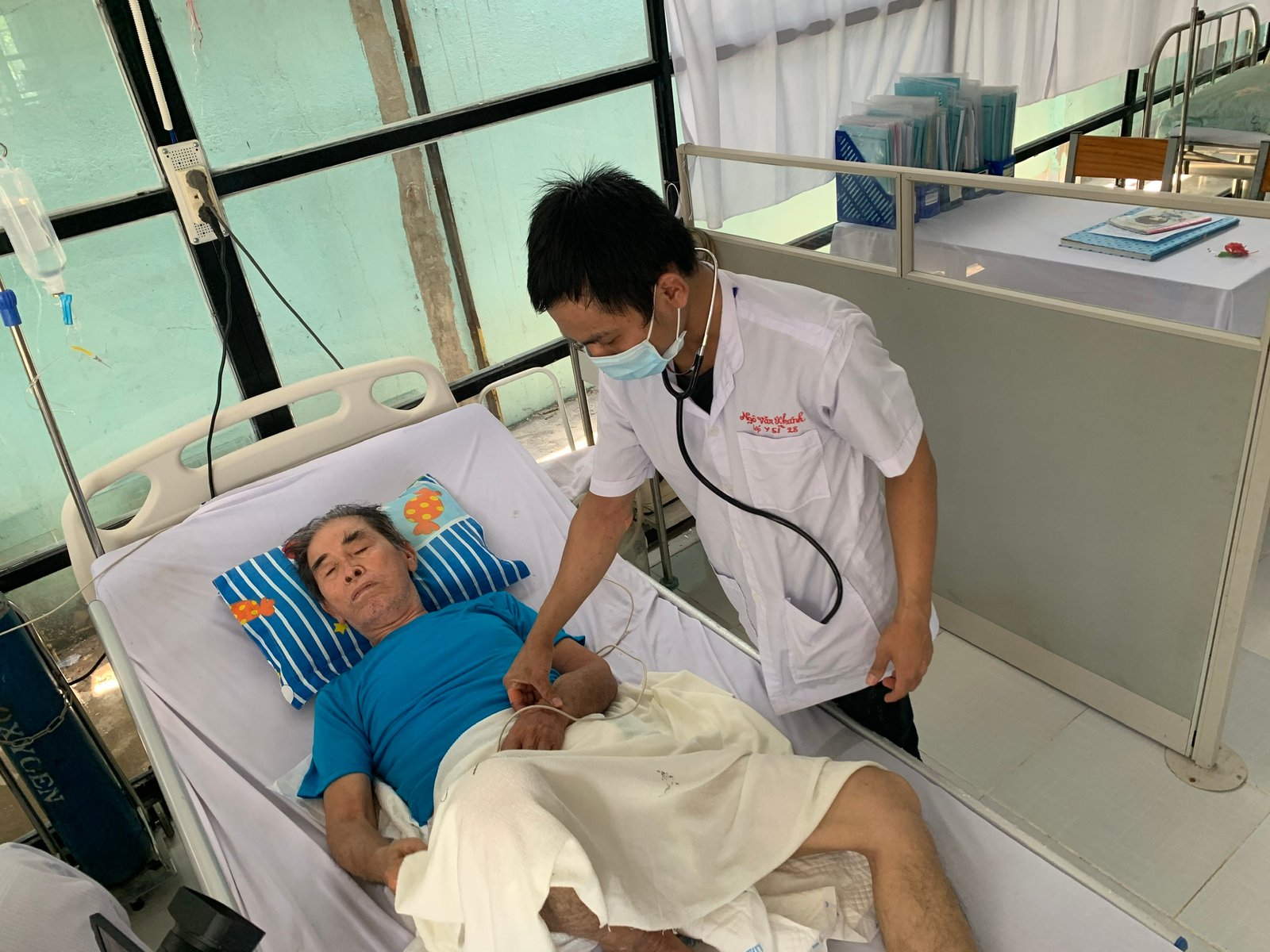When it comes to caring for the elderly at home, there are several important points to consider:
Caring for the elderly requires patience and love. As they enter the late age of the elderly, the physical and mental changes that come with old age can significantly impact their quality of life and even pose risks to their well-being. To gain a better understanding of important considerations in elderly care and ensuring their physical and mental health, refer to the article below. It provides valuable insights that can help elderly individuals live happily and healthily alongside their families and grandchildren. After retirement, elderly individuals often feel lonely even within the comfort of their own homes, as their busy grandchildren are occupied from morning till night. They are prone to experiencing psychological distress such as loneliness, nostalgia, anxiety, pessimism, and irritability. Depression and sadness further diminish their resilience and confidence in coping with health issues that come with old age.
As they enter their last years, elderly individuals are more susceptible to conditions such as cardiovascular diseases, high blood pressure, diabetes, and malnutrition. Additionally, their ability to absorb essential nutrients is limited, leading to deficiencies in vital substances for the body.
Answer the following 8 questions and implement appropriate actions to help improve the quality of life and happiness of the elderly members in your family.
- Can your parents or elderly family members take care of themselves independently? For example, can they bathe, eat, and maintain oral hygiene on their own? These aspects will help you assess their self-care abilities, and based on that, you can develop the best support plan.
- Do they experience memory loss or cognitive decline? You can assess this by asking them a few questions such as "What did you have for breakfast this morning? How many glasses of milk did you drink yesterday?" or by paying attention to repetitive storytelling or events they frequently mention. This will help you evaluate their memory status and provide valuable information to medical professionals when seeking medical assistance.
- Are they truly safe when staying at home alone? Check the pathways, stairs, doorways, and thresholds for any hazards. Remove sharp objects, flammable materials, and ensure the safety of the family medicine cabinet. It is important to ensure that these areas are safe for the elderly.
- Are they truly safe when traveling? Check their vision, hearing, and physical agility, as well as their ability to move and navigate safely. Make sure they have sufficient capabilities to participate in traffic, even when walking on the road.
- Are they experiencing weight loss? Unintentional weight loss can be a sign of underlying health issues in older individuals. There are several risk factors that can affect their health, which should be taken into consideration, including:
+ Unappetizing food (due to age-related changes in taste and smell) can lead to challenges in eating and impaired digestion, causing insufficient absorption of essential nutrients by the body.
++ Poor nutritional practices can include: Inadequate quantity (skipping or forgetting meals), resulting in a reduced intake of essential nutrients (insufficient intake of food groups such as carbohydrates, protein, fats, vitamins, minerals, fiber, and water). It is important to diversify daily meals. When it comes to fats, choosing plant-based sources (plant sterols) can help lower cholesterol levels and reduce the risk of cardiovascular diseases in the elderly.
+ Inadequate hydration. It is crucial to regularly remind older adults to consume an ample amount of water and not wait until they feel thirsty to drink.
+ Insufficient fiber intake, impacting the digestive system Improper meal distribution in terms of frequency and timing (irregular eating hours, inadequate portion size per meal, eating too late or too early based on habits or before bedtime...) Symptoms of diseases such as diabetes, cancer... It is crucial to have older adults undergo timely health check-ups.
- Are their mental states good? Observe the daily behavior and mood of the elderly. Do they still engage in enjoyable activities of old age, such as gardening, raising fish, caring for grandchildren, strolling around the garden, helping neighbors... or do they appear sad and have limited social interaction?
- Are they still interested and enthusiastic about social activities? Do they show interest in planning visits to friends, neighbors, participating in associations, clubs, outdoor activities, parks...? If these activities are gradually diminishing or even completely absent, it is not a good sign! They may need support, sharing, and solutions to overcome this. Otherwise, the risk of developing illnesses, especially elderly depression, cannot be avoided.
- Are their mobility and ability to move around the house or in the garden still good? Observe these abilities carefully and ensure that elderly individuals receive timely specialist examinations for Musculoskeletal and Nervous System issues if any problems are detected.
- It is also recommended for grandchildren in the household to develop the habit of drinking milk for the elderly to ensure their bodies receive sufficient nutrients and promote strong bones and flexibility. Elderly individuals should consume 2 glasses of milk per day, especially drinking a warm glass of milk one hour before bedtime for better and deeper sleep.
In addition, it is encouraged for the elderly to engage in regular gentle exercises and moderate sports activities to enhance their immune system, improve mood, and prevent age-related diseases.
About Us

DAMOCA
Visuals
DAMOCA
Visuals
DAMOCA
Visuals